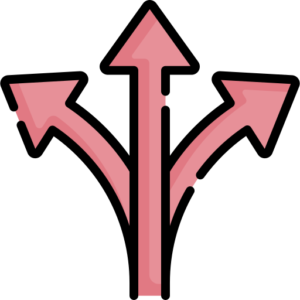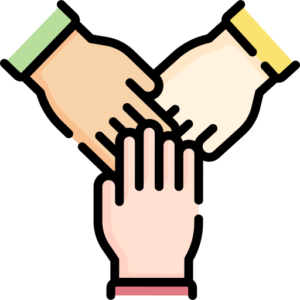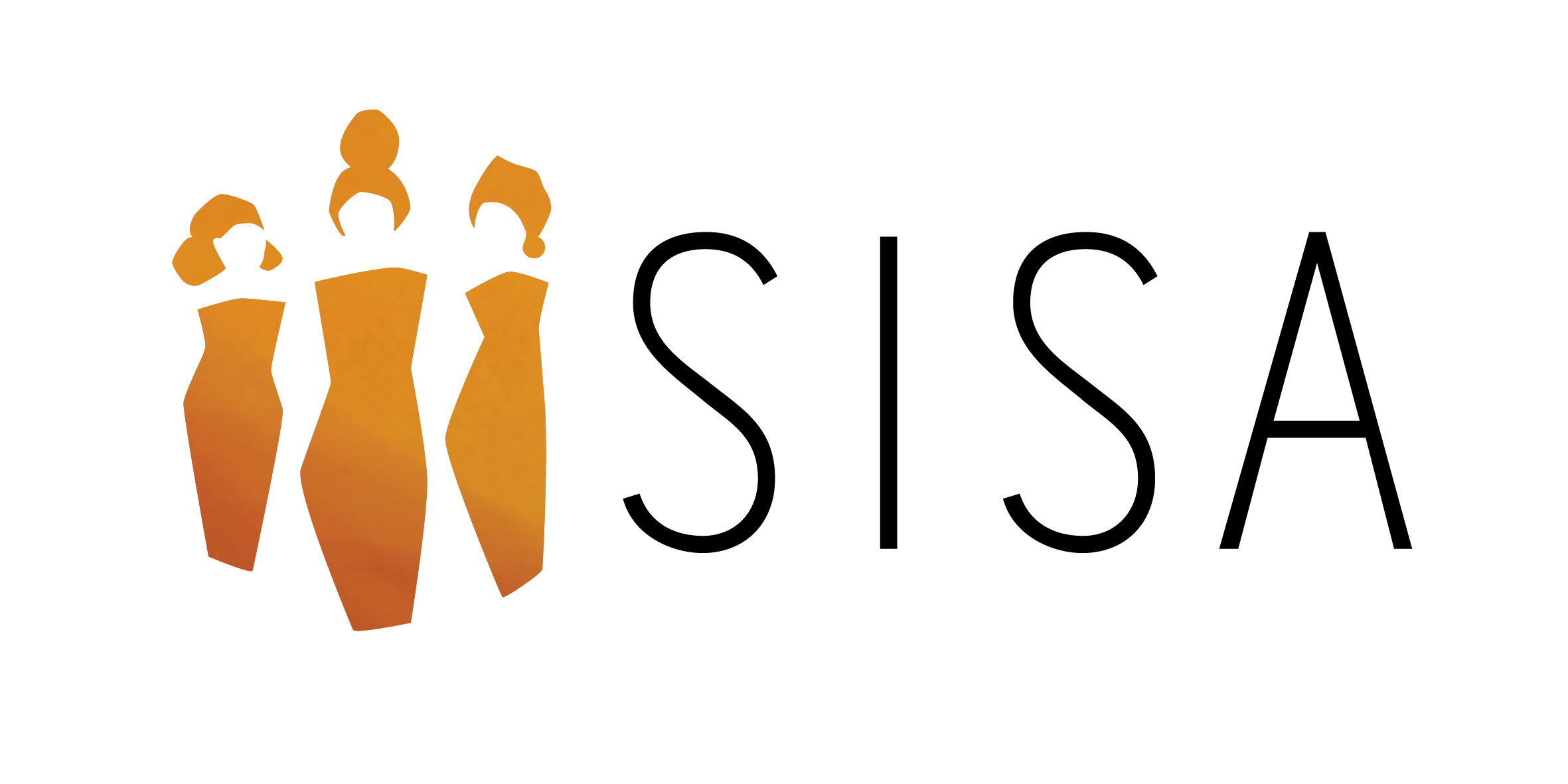WHAT IS SISA?
Strengthening the
Identification and Integration of
Survivors of Sex Trafficking from West
Africa
– through a Peer-to-Peer-Approach and
– through Counselling and Assistance on Dublin transfers

Peer-to-Peer Identification
Formerly identified survivors are trained to identify survivors of trafficking in an asylum context using a peer-to-peer approach in Germany. This results in more survivors of trafficking receiving information about their rights, being connected with professional social workers who can assist them in reporting their victimization during the asylum process, and being informed about services offered by local NGOs that specialize in survivor-centered care.

Integration through Peer-Mentoring
The integration of West African survivors into the host society is facilitated through the development and implementation of a peer mentoring approach that supports formerly identified survivors in Spain and Italy. This leads to deeper integration for all survivors involved. The participation of the mentors increases their self-confidence and supports their own process of healing from the trauma of their victimisation.

Support system for survivors which are subject on Dublin transfers from Germany to Italy
The concept for this support system begins with a survivor-centred approach. Because the transfer is done spontaneously and with intent to seize asylum seekers in the night hours, survivors are at higher risk of retraumatisation and experiencing a negative psychological impact. Considering the unique needs of survivors, a Dublin Return Counselling Manual is being created and used in Counselling Sessions in Germany. These sessions walk survivors through the transfer process and pre-emptively connect them to someone in the destination country, namely Italy, who can receive them once transfer authorities have completed border crossing. In addition, the support system creates a platform for trained individuals in Germany to virtually accompany survivors through the Active Dublin Transfer experience, providing psycho-social support during the process in real time via phone and text messaging, encouraging cooperation with authorities through the deportation process and minimising negative impacts.

Transnational Dublin-Return Assistance Network (T-DAN)
To prevent re-trafficking, provide immediate assistance and minimise re-traumatisation in cases of forced Dublin-returns, a International Dublin-Return Assistance Network has been developed. Members of the network are anti-trafficking counselling centres that are willing to receive Dublin returnees who have been pre-emptively connected to them by the anti-trafficking counselling centre of another EU member state. The network is under continuous development. The focus in currently on Italy. See the current network partners here.

Ongoing Support
Providing immediate and ongoing support to survivors that have been sent from Germany to Italy as a result of the Dublin Regulation is another aspect that this project aims to address. High numbers of returnees face immediate homelessness due to paperwork processing delays between Germany and Italy. Because entry into Italian refugee camps is denied until the paperwork is processed, survivors and children in their care are left without shelter or supply of basic necessities. The delays (lasting for weeks in some cases), leave isolated and unsupported survivors and children in their care vulnerable to further traumatisation and re-victimisation. This project aims to develop and implement a plan within the T-DRAN which provides immediate safe housing and basic needs to returned survivors in such cases, providing essential assistance until the Italian government can place them in safe housing and continue processing their request for asylum.
